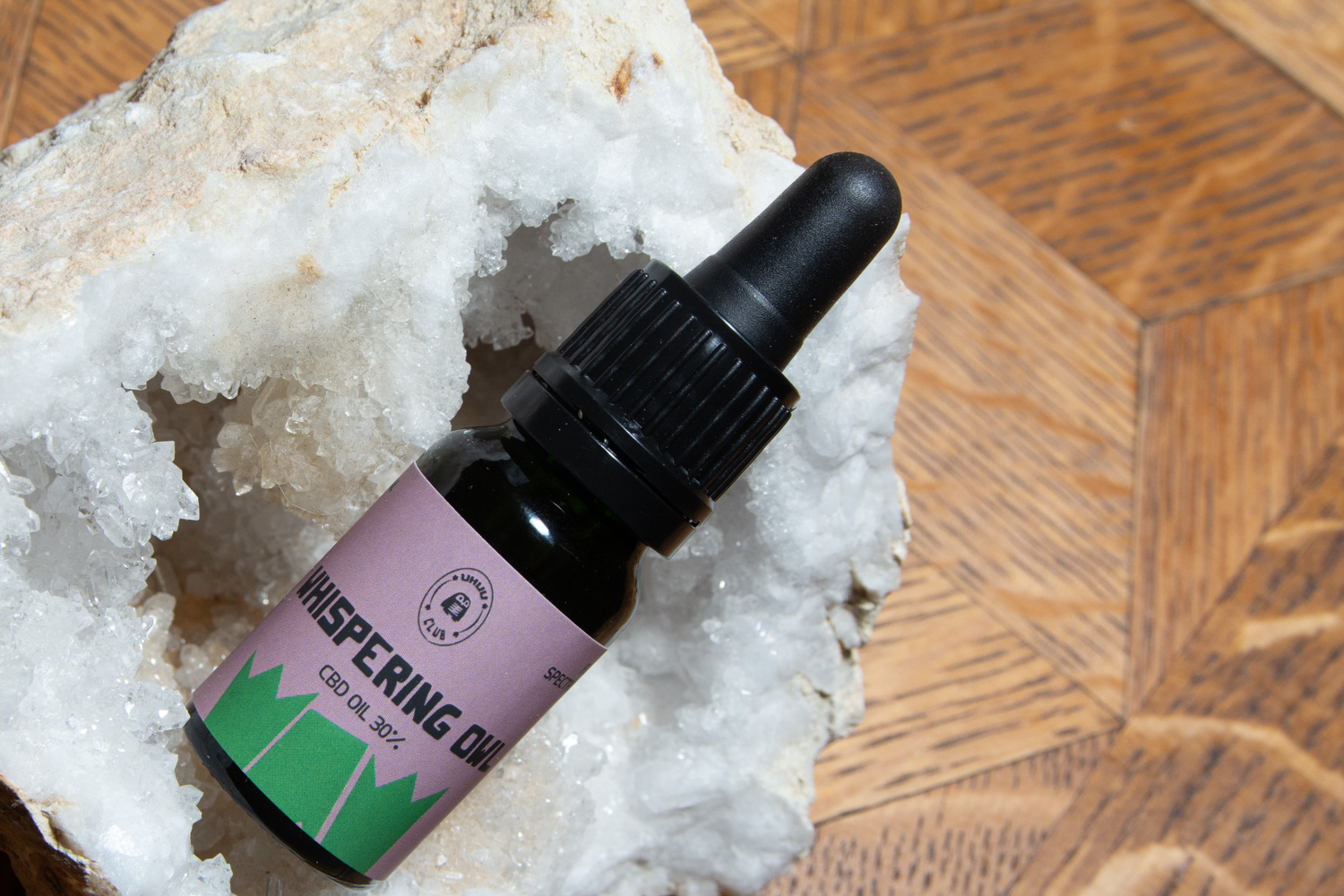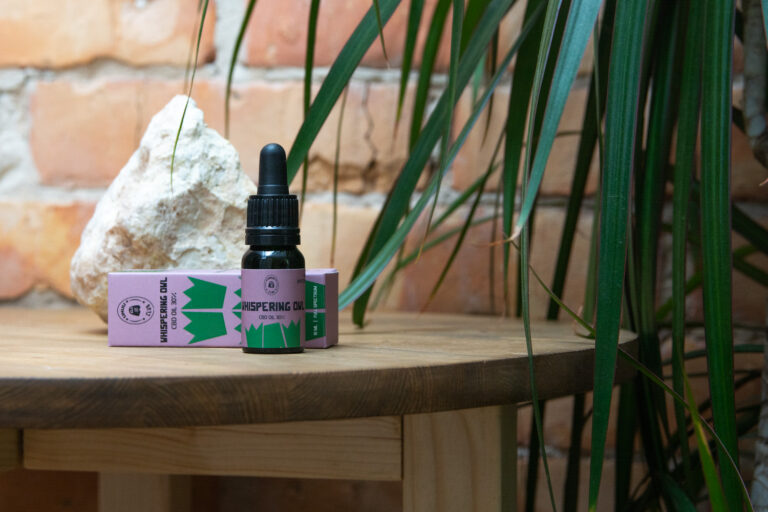Introduction
The popularity of CBD (cannabidiol) has soared in recent years, prompting many to wonder: does CBD make you high? As more people turn to natural alternatives for supporting wellbeing, understanding CBD’s effects is crucial. This article calmly and clearly explains how CBD interacts with the body, why it does not cause a “high,” and what scientific research suggests about its potential supportive properties.
What Is CBD and How Does It Work?
CBD, short for cannabidiol, is a naturally occurring compound found in the cannabis plant. Unlike THC (tetrahydrocannabinol), which is the primary psychoactive component in cannabis, CBD does not produce intoxicating effects.
CBD works by interacting with the body’s endocannabinoid system (ECS), a complex network of receptors and neurotransmitters that regulate various physiological processes, including mood, pain perception, and sleep. Rather than directly binding to the CB1 receptors (which cause psychoactive effects), CBD is thought to influence the ECS indirectly, helping to maintain balance in the body (“Cannabidiol: Pharmacology and Potential Therapeutic Role,” https://pubmed.ncbi.nlm.nih.gov/22129319/).
Does CBD Make You High?
In short: no, CBD does not make you high. Unlike THC, CBD does not directly stimulate the brain’s receptors responsible for euphoria or intoxication. Multiple studies support that CBD is non-intoxicating and does not cause the mind-altering effects commonly associated with cannabis use (“Safety and Side Effects of Cannabidiol,” https://www.ncbi.nlm.nih.gov/pmc/articles/PMC5569602/).
While CBD may influence mood and promote feelings of relaxation, it does so without impairing cognitive function or causing a “high.” This distinction is crucial for individuals seeking natural support for wellbeing without experiencing psychoactive effects.
Why CBD Does Not Cause Psychoactive Effects
“Psychoactive” typically refers to substances that alter brain function, resulting in changes in perception, mood, or consciousness. While CBD may support mood balance, it does not act like a traditional psychoactive compound.
CBD interacts with serotonin receptors and other systems, which may support emotional wellbeing and relaxation. However, it lacks the strong receptor activation characteristic of THC that leads to euphoric experiences. As a result, the relationship between “CBD and psychoactive effects” is often misunderstood; CBD supports the body’s balance without causing intoxication.
Are There Situations Where CBD Might Feel Different?
Under normal conditions and typical doses, CBD will not cause intoxicating effects. However, in very rare cases, certain factors may influence how CBD is perceived:
- Full-spectrum CBD products: These may contain trace amounts of THC (legally up to 0.3% in many regions). For extremely sensitive individuals or with exceptionally high intake, slight variations in perception might occur. However, this does not equate to the “high” typically associated with THC.
- Mislabeling or low-quality products: In rare cases, products may unintentionally contain higher THC levels than intended, emphasizing the importance of choosing reputable sources.
It’s important to stress that pure CBD isolate products contain no THC and completely eliminate this consideration.
Scientific studies emphasize that even full-spectrum CBD products, when sourced from reputable manufacturers and used responsibly, are highly unlikely to cause any noticeable psychoactive effects (“An Update on Safety and Side Effects of Cannabidiol,” https://www.ncbi.nlm.nih.gov/pmc/articles/PMC5569602/).
Potential Supportive Benefits of CBD
Research suggests that CBD may offer supportive properties for overall wellbeing:
- Stress relief: CBD may help support stress management by interacting with serotonin pathways.
- Sleep improvement: Some studies propose that CBD may aid sleep regulation, particularly for those struggling with occasional sleeplessness.
- Pain management support: CBD’s influence on inflammation and pain perception pathways is under investigation for its potential benefits.
It’s important to note that while findings are promising, CBD is not a cure or direct treatment for any medical condition. Language like “may support” reflects the cautious and respectful approach needed when discussing natural compounds.
In conclusion
To conclude, CBD does not make you high. Its gentle influence on the body’s endocannabinoid and neurotransmitter systems supports wellbeing without causing intoxication. Scientific evidence continues to explore CBD’s promising role in areas like stress relief, sleep support, and general emotional balance.
By understanding the true nature of CBD, individuals can make informed decisions about incorporating it into their wellness routines without fear of experiencing unwanted psychoactive effects.
If you’re interested in exploring CBD products, you can find more information here.



